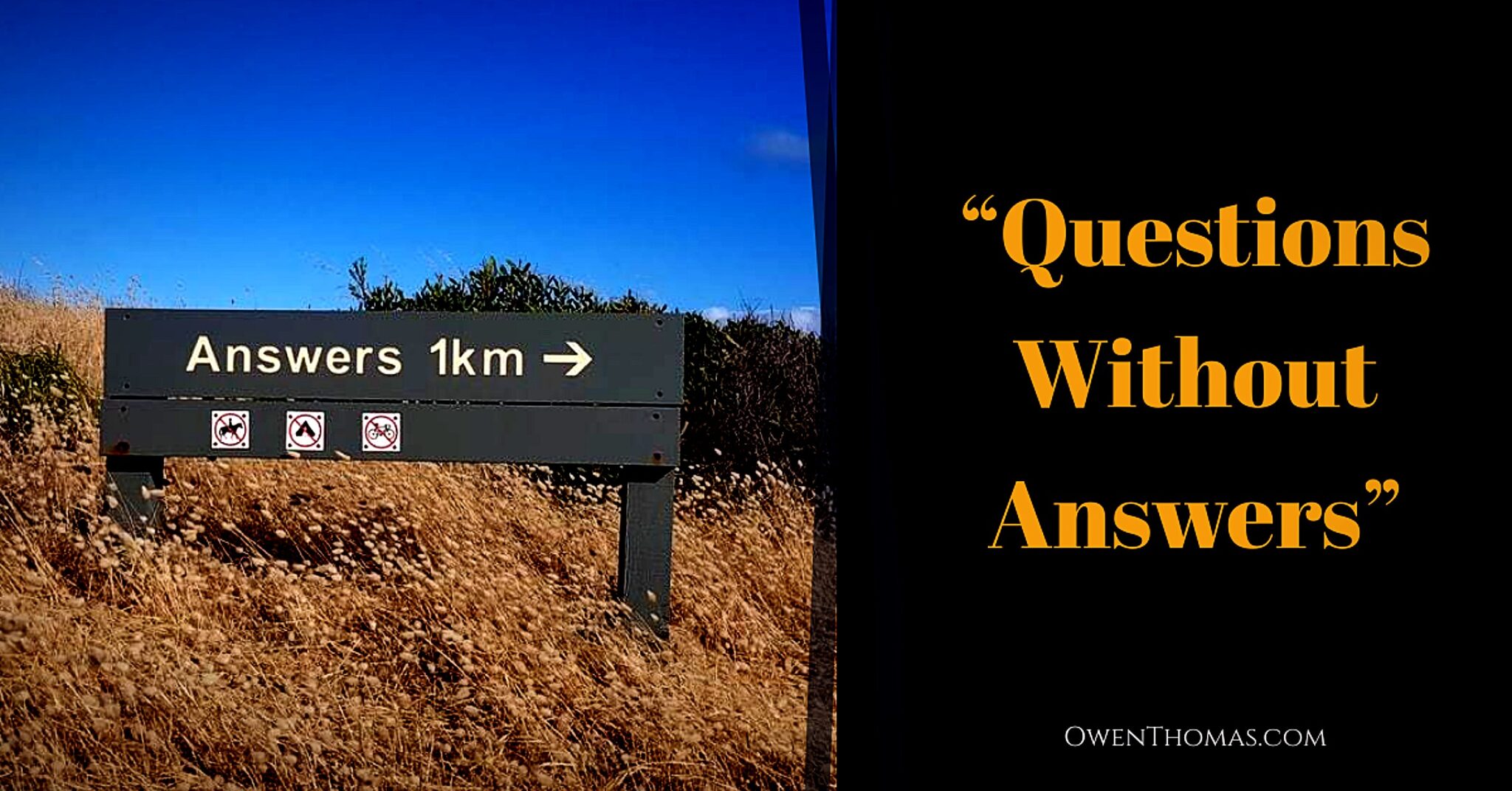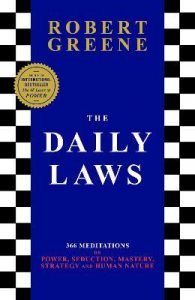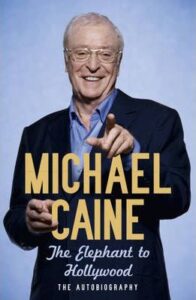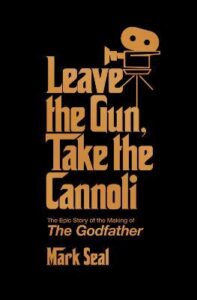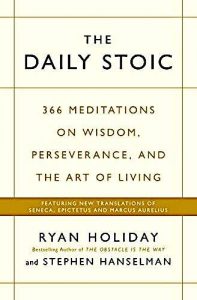“Nothing right in this world occurs without a fight.” – David Letterman
Morphine is the most potent painkiller discovered. It’s addictive and highly effective, acts directly on the central nervous system, and when the specialist prescribes it, you know that some serious shit is going down. So they save it for the big stuff, myocardial infarction, labour and, as my friend George found out – kidney stones. And if you have ever had one, a kidney stone – you’re glad its discoverer, German pharmacist Friedrich Sertürner, had a mother who didn’t need it.
George found himself yet again in the hospital with kidney stones. In the past, they had been able to use “laser-blasting” surgery to reduce the size of the stones so he could simply pass them through the urethra. This time it was major surgery to remove a huge stone. Unfortunately, it had come at the wrong time. Is there ever a right time? But my friend had just seen a business collapse with the GFC and was very short of cash had sort help in the public Australian health care system. In a western country, we are fortunate to have a good health care system. Unfortunately, due to neglect, poor government management, and perhaps an uneducated and progressively less healthy population, it is no longer as robust as it has been. Ques for “elective” surgery lists are long, often 12 to 24 months, and often patients have pushed up the list when their situation becomes urgent instead of appropriate.
This is the world George found himself, pushed further and further down the list despite the fact he was actually in hospital on potentially addictive morphine to endure the pain. Yet today was different. Finally, his doctors told him to prepare for surgery in late afternoon. He’d fasted, followed all the instructions, and lay with fingers crossed that all would go well. Yet it did not go well. Around the time he was due to be prepped, his doctor informed him that he was again bumped as an urgent case had just arrived. He was also briefed that a recent patient with the same condition had waited an additional three weeks before finally receiving the help they needed.
George was dejected.
As his doctor was leaving, almost as an afterthought, he asked what was to become a pivotal question – ‘do you have private health cover?‘
George informed the doctor he had but, due to the gap between what is covered and the cost of surgery, sometimes thousands of dollars, was unable to pay, so had elected to go public. The doctor looked at him for a moment and then asked, “could you find $500?”
George thought for a few moments and said he felt he could rustle it up with some phone calls.
With that, the energy in the room changed. The doctor went into high gear. Calls were made, paperwork was organised, and two hours later, not only was my friend in another hospital across town, but he was on the operating table. And days later, rather than staring at the ceiling waiting for the hospital list to shorten, he was home very much in recovery.
It sounds like an excellent advert for private health cover – but it is not. Why should a person be forced to go through that drama in the first place?
Over the last ten years in Australia and many western countries, we have seen the support for our various health funds for complementary and alternative medicine decline. The first step was to reduce the types of supported modalities and then reduce the allowances and the amounts that could be claimed. In my case, I have seen it halved in the last twelve months, with premiums changing very little. Of course, it was sold with extraordinary catchphrases that encapsulated the so-called benefits of the change, in slang terms – “Spin”, which is all too common in our modern societies. Yet the outcome is the same. Less emphasis on modalities that traditional focus on balance, prevention and lifestyle medicine, modalities that focus on keeping a person well and hence out of the hospital. Whilst it may not be the only cause of our health crisis, it is indicative of a somewhat unbalanced value system. It is the countries value system that is the real cause. Yet counties leaders complain about the spiralling health costs and continue down the same ever-shrinking path.
The recent worldwide health crisis has exposed this value system to its core. Most affluent western countries have given no airtime to prevention and immune-boosting activities, and in many cases, actively discouraged them. Instead, they focus on the hospital solutions and attempt to minimise any system overloading with its knock-on effect on the already long lists of elective surgery and other health concerns. Yet it would seem that the counties that took or emphasised the alternative approach, either because of financial necessity or perhaps because it was the only solution available, have fared somewhat better. Perhaps our unconscious tendency to modern reductionist thinking could be at fault?
The answer to the health problems is often touted as privatisation of the health care system. However, if the US health system or its rapidly burgeoning but highly profitable private prison system is an example of what privatisation can offer, perhaps we need to look for better solutions.
Money and wealth beget power and influence, and as Upton Sinclairs writes –
“It is difficult to get a man to understand something when his salary depends on his NOT understanding it.“
If it is difficult for one person, imagine the complexity of unravelling shareholders and corporate owners into a new understanding, let alone the whole structural foundations of a society that depends on a particular way of thinking. We all have a certain way of seeing ourselves and our place in the world and, of course, often benefit from the status quo. We must beware of solutions that are driven by ideology.
The health system is not the only issue in modern society; education, the cost of housing, the rapidly shrinking middle-class, homelessness are just some of our ongoing concerns. These are the big questions; What about questions without answers in our personal lives? And what about the hidden costs?
In a Netflix interview with David Letterman, Barack Obama, just after he left office, discussed some of his future projects. His goal was to create opportunities for those limited by social position. He recognised the waste of human potential. Likewise, the famous Australian author Bryce Courtenay pointed to the massive loss of human life in both World Wars. The actual cost was undoubtedly not financial or the loss of life, but the lives those men and women would have lived. They were the dreamers, the ones with drive and passion and often, particularly in the First World war, slaughtered for no good reason.
So what do we do? Do we bury our heads? Do we leave it for someone else to solve? Do we give up because it is all too hard? If we fail to seek answers to questions that don’t have answers, we forget the people, the families we love and the countries we share. Perhaps the answers lie in what questions we ask? Maybe we need to examine some profound aspects of our foundations.
On the launch of his book “Living a Life that Matters”, Rabbi Harold Kushner was asked what he believed was one of his biggest concerns. He pointed out that we have poured enormous sums into science over the preceding decades, both in education promotion and it’s going impact on industry and society. However, we have neglected to invest similar energy and resources into philosophy, ethics, critical thinking and values, the very things that help us decide what to do with what we discover, and whether it should be studied at all. These are the qualities that help leaders make good decisions in critical times. These attributes created leaders like Andrew Carnegie, who spent the first half of his life building his wealth and the second half giving it away. He created libraries, universities, and art centres worldwide, so the average man could have a better chance at a good life and benefit society. A leader who would spend the last years of his life promoting peace; His ideas would later become the foundations for the League of Nations and eventually the United Nations.
So, what do we do? First, we must remember our countries and our own lives are a constant work in progress. We must value what we have been born into, hold it dear, and improve where we can on its flaws. So, we start with ourselves. If we change our lives, we change the lives of those around us; we build new histories for the people and lands we love. We must seek to question the questions we ask – to take on the complex subjects of personal philosophy, to explore our values, to improve our ways of thinking, not to fear the unquestioned but to embrace the possibilities that lie beyond. To spend time in the undiscovered country that lies within each of us. Be willing to question those in leadership and those around us who may rely on ideology rather than reason.
“I remember, when I was in university, I studied history, and there was this one major historian of the Third Reich, Ian Kershaw. And his quote was, ‘The path to Auschwitz was paved with indifference.’ I know it’s not very funny being a comedian talking about the Holocaust, but I think it’s an interesting idea that not everyone in Germany had to be a raving anti-Semite. They just had to be apathetic.”
– Sacha Baron Cohen
Let us not be apathetic. There may be many questions without answers, yet the answers may lie in asking better questions with more profound wisdom.
Till Next Time – Something to think about and share.
Resources and Further Reading.
“Living a Life that Matters”, Rabbi Harold Kushner
My Next Guest Needs No Introduction With David Letterman: Barack Obama
Ordinary Men : Reserve Police Battalion 101 and the Final Solution in Poland – Christopher Browning. (how a unit of average middle-aged Germans became cold-blooded murderers.)
